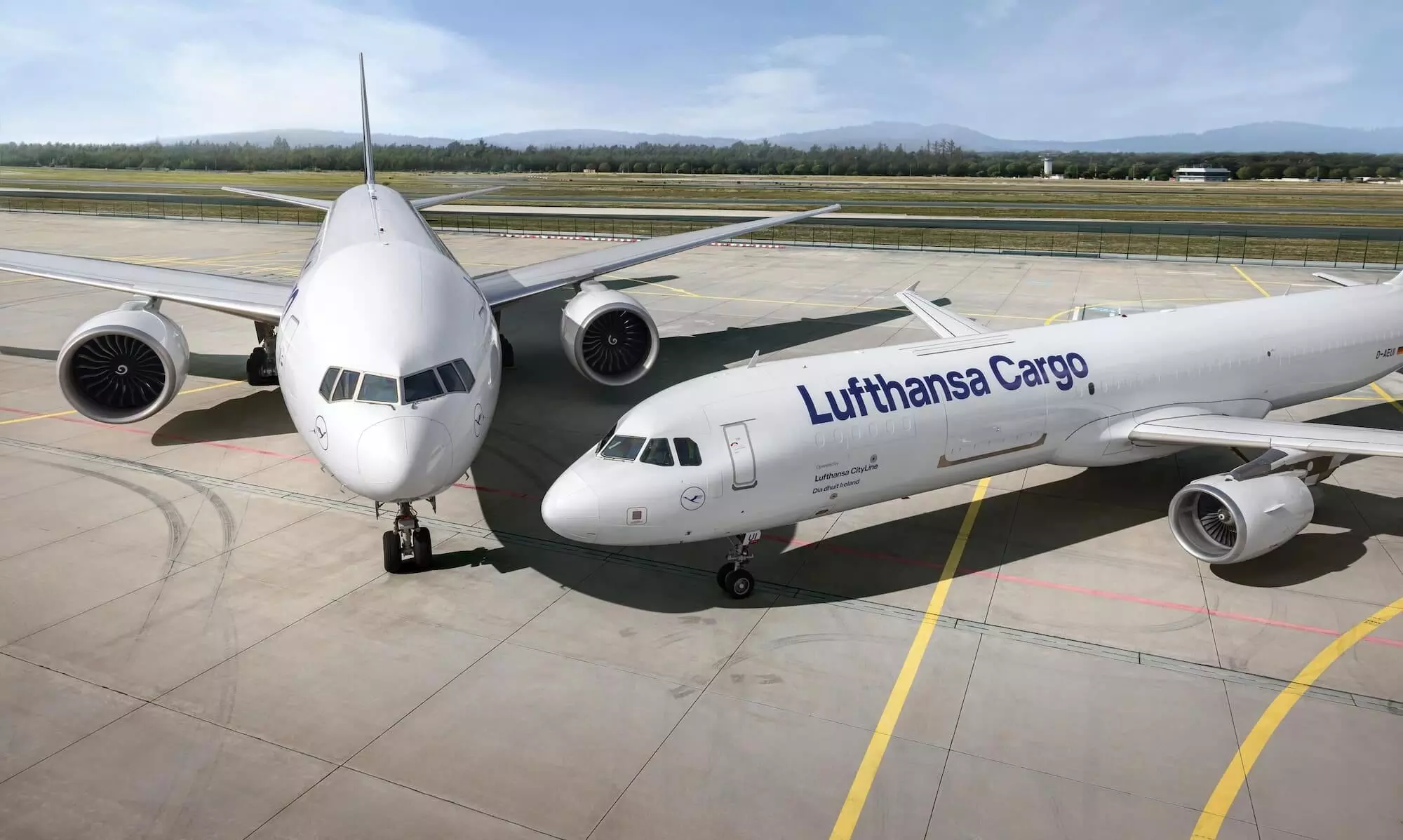
Lufthansa Cargo doubles adjusted EBIT to €73 million in Q2
Lufthansa Cargo sees €135m EBIT in H1 2025, boosted by higher sales, capacity, and lower unit costs.

Lufthansa Cargo posted a strong second quarter in 2025 with an adjusted EBIT of €73 million, marking a 103% jump compared to Q2 2024. The division’s revenue reached €820 million, up 3% year-on-year, driven by high demand in Asian e-commerce and supply chain shifts from sea to air freight. Load factor improved to 62.9%, while unit costs dropped by 8%.
In the first half of 2025, Lufthansa Cargo achieved an Adjusted EBIT of €135 million, up €121 million from the same period last year. This robust performance was powered by a 6% increase in available cargo capacity. Also the revenue cargo tonne-kilometres (RCTKs) grew 8%, with load factor inching up by 1% point to 63.2%.
According to the Lufthansa Group's latest earnings update, the air cargo unit benefited from increased freighter and belly capacity, up 6% over the first half of 2024. This capacity growth was supported by the addition of another Boeing 777F freighter, integrated into the fleet in late 2024 and the successful commencement of bellyhold cargo operations in partnership with ITA Airways during the second quarter.
More notably, traffic revenue jumped by 12% compared to H1 2024, underscoring resilient customer demand and improved yields. In parallel, unit costs were brought down, contributing to the sharp EBIT improvement.
“Our strong performance in the first half of 2025 is a testament to the trust placed in us by our customers and the agility of our team,” said Gregor Schleussner, CFO and CHRO, Lufthansa Cargo. “We remain committed to enabling global business and responding flexibly to changing market dynamics.”
Investments in infrastructure and service quality also remained a priority for Lufthansa Cargo during the reporting period. The company invested €53 million in the first six months of the year, a large portion of which was allocated to modernising its freight terminal in Frankfurt, its primary cargo hub. This is part of an ongoing effort to improve efficiency and maintain high handling standards as volumes grow.

